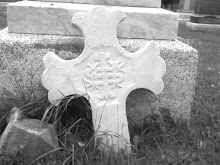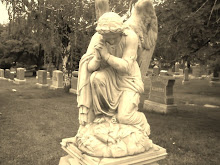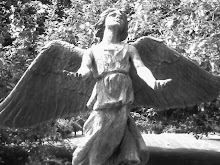 With our favorite holiday just around the corner we wanted to add a few fun posts about the season and its origins!
With our favorite holiday just around the corner we wanted to add a few fun posts about the season and its origins!
Here is some cool information about the Jack-o-Lanterns
A jack-o'-lantern is typically a carved pumpkin. It is associated chiefly with the holiday of Halloween and was named after the phenomenon of strange light flickering over peat bogs, called ignis fatuus or jack-o'-lantern. In a jack-o'-lantern, typically the top is cut off, and the inside flesh then scooped out; an image, usually a monstrous face, is carved onto the outside surface, and the lid replaced. At night, a light is placed inside to illuminate the effect. (Sources taken from Wikipedia)
- Since 1995, trick or treating in the town of
Sandusky ,Ohio - Pumpkins originated in
Central America . - It is very rare for a full moon to occur at the same time as Halloween. It has only occurred in - 1925, 1944, 1955, and 1974. The next time it is said to occur is 31 October, 2020.
- Pumpkin seeds can be roasted as a snack.
- The word Halloween appeared in the Dictionary in the 1700s.
- Eighty percent of the pumpkin supply in the
United States - Dunking for apples arose from a practice of divining the future. It was believed that if you could hold an apple between your teeth you would have a fulfilling romance with whomever you choose.
- The name pumpkin originated from "pepon" – the Greek word for "large melon."
- According to ancient superstitions, if you stare into a mirror at midnight on Halloween, you'll see your future spouse.
- Colonists sliced off pumpkin tips; removed seeds and filled the insides with milk, spices and honey. This was baked in hot ashes and is the origin of pumpkin pie.
- The pumpkin is one of the best sources of Vitamin A.











.jpg)




No comments:
Post a Comment